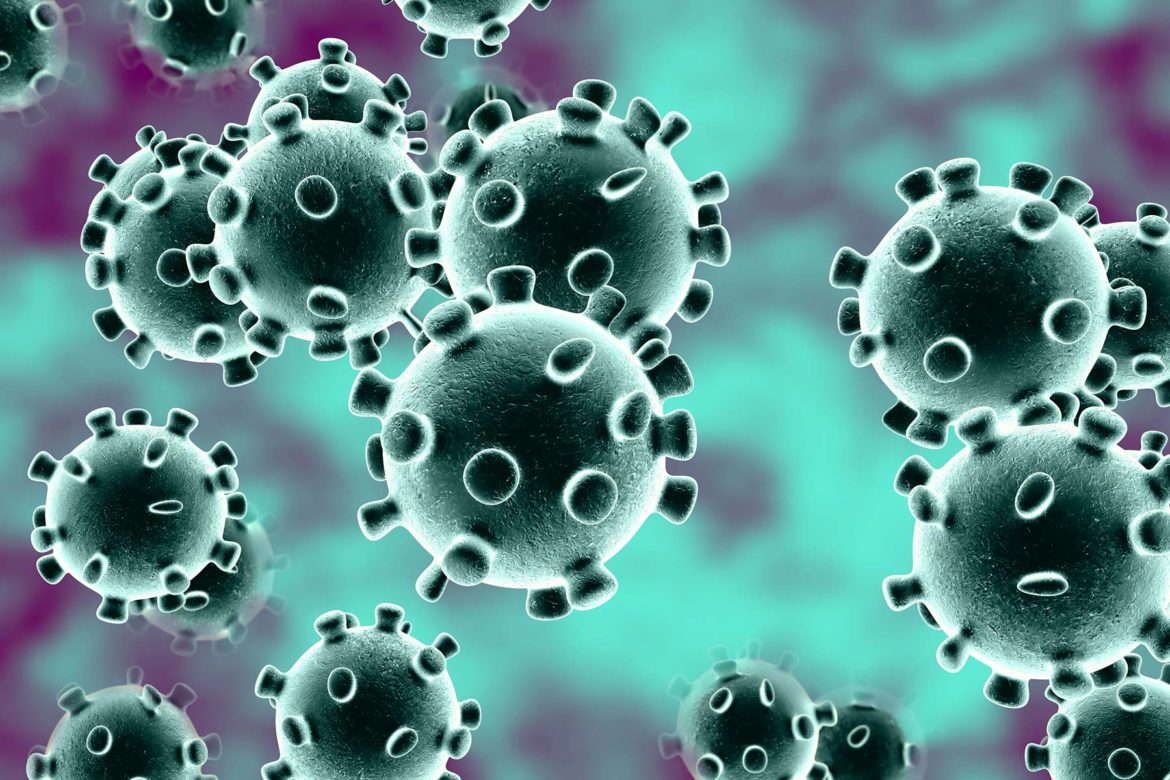By NANCY WEST, InDepthNH.org
CONCORD – Jake Leon, spokesman for the state Department of Health and Human Services, was asked Thursday why the number of COVID-19 deaths and hospitalizations are rising, whether people should be concerned and what people can do to reduce the risk.
Below is the response DHHS spokesman Jake Leon emailed to InDepthNH.org on Friday. It doesn’t identify the new strain or answer other questions relative to whether the state tracks whether people who have died or been hospitalized were vaccinated or how many were long-term care residents. Gov. Chris Sununu’s spokesman didn’t respond to COVID questions for the second day. If you have questions about COVID-19 for the state, email me at nancywestnews@gmail.com and we will do our best to get answers.
The CDC reported Thursday that community levels of COVID-19 in Belknap County were high (in the red zone). In recent weeks, the levels in all counties have been either low or medium levels. See CDC tracker here including definition of community levels.
On Jan. 12, there were 22 new COVID-19 deaths and 61 hospitalizations in New Hampshire during the previous week, according to NH DHHS.
On Jan. 5, there were 13 new COVID-19 deaths and 56 hospitalizations in the weekly total.
On Dec. 29, 2022, there were 3 new COVID-19 deaths and 48 hospitalizations.
Jake Leon’s response for the NH DHHS:
“COVID-19 cases are increasing in the Northeast as a result of the newest, highly infectious variant. The COVID-19 vaccine and updated bivalent booster provide protection from the current strains of the virus in our environment.
Staying up to date on the COVID-19 vaccine, as well as getting the flu vaccine, offers residents the best protection from exposure and to reduce the risk of community transmission. Everyday preventive steps can also help people avoid exposure, such as good hand hygiene, covering coughs and sneezes, avoiding other people who are sick, and staying home if they are sick.
If someone does get COVID, even after vaccination, they are recommended to contact their healthcare provider to be evaluated for Paxlovid or other antiviral treatment. Antiviral treatments can dramatically lessen the symptoms for those at a higher risk of developing complications from COVID-19, and are most effective if taken within 72 hours from when symptoms start.
For residents who don’t have access to telehealth services through their primary care provider, they can get a prescription for Paxlovid through a telehealth appointment with On-Site Medical Services. On-Site Medical Services will provide residents unable to access telehealth services through a primary care provider timely access to Paxlovid. For more information on the On-Site telehealth program, please see: https://www.dhhs.nh.gov/news-and-media/nh-creates-additional-opportunities-help-residents-access-covid-19-treatment.”





